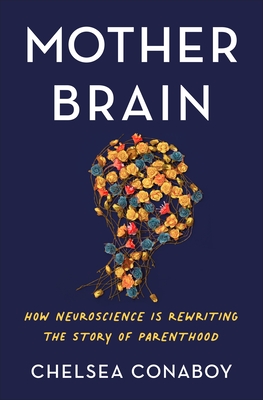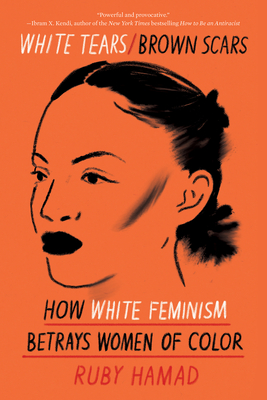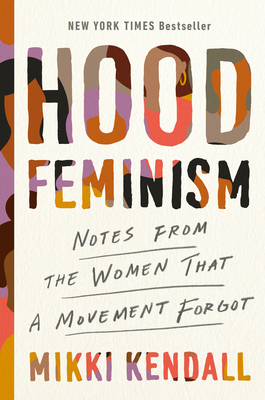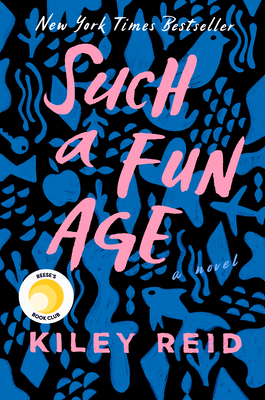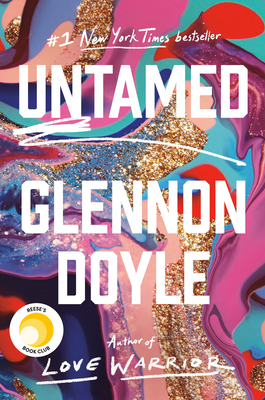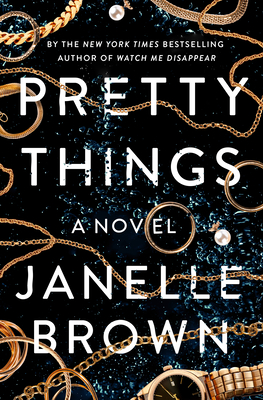by Chelsea Conaboy
First sentence: “What does it mean to become a mother?”
Support your local independent bookstore: buy it there!
Release date: September 13, 2022
Review copy provided by the publisher
Content: It’s very science-y and gets in the weeds with the science sometimes. It will be in the Science section of the bookstore.
I picked this up because my boss pulled it off the ARC shelves at work, and asked if I would be willing to give it a look-over and maybe nominate it for IndieNext. I figured I’d just read a few pages and give it a look, but I soon found myself engrossed in it.
The basic premise of the book is Conaboy’s experience being a pregnant person. She didn’t have the “ideal” and “expected” experience with pregnancy and mothrehood, and that lead her to look into the science of it. She’s not a scientist but rather a journalist who covers health and science, which gives her an interseting angle into the subject.
learned so much, and felt so validated with my own experience being a pregnant person. There were a lot of times that I underlined and dog-eared the pages because what she wrote resonated with me. It was so validating to know that the science – as little as there is – validated what I was feeling, that there isn’t one way to be preganant and a new parent.
I’d put this up there with Invisible Women as an important science book that just proves the need for science to include non-cishet men in their studies, in order to get broader picture of what it means to be human.
Highly recommended.

